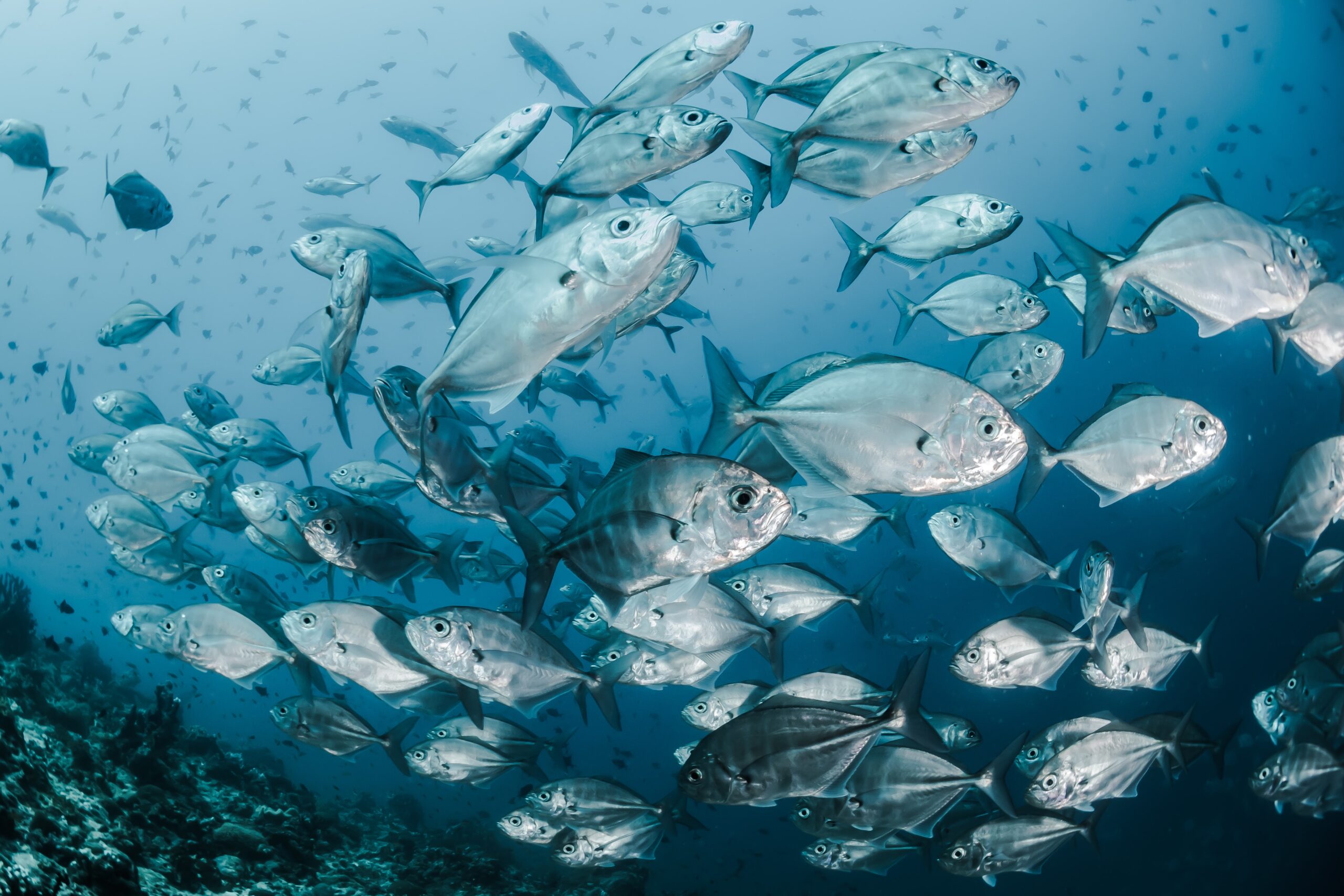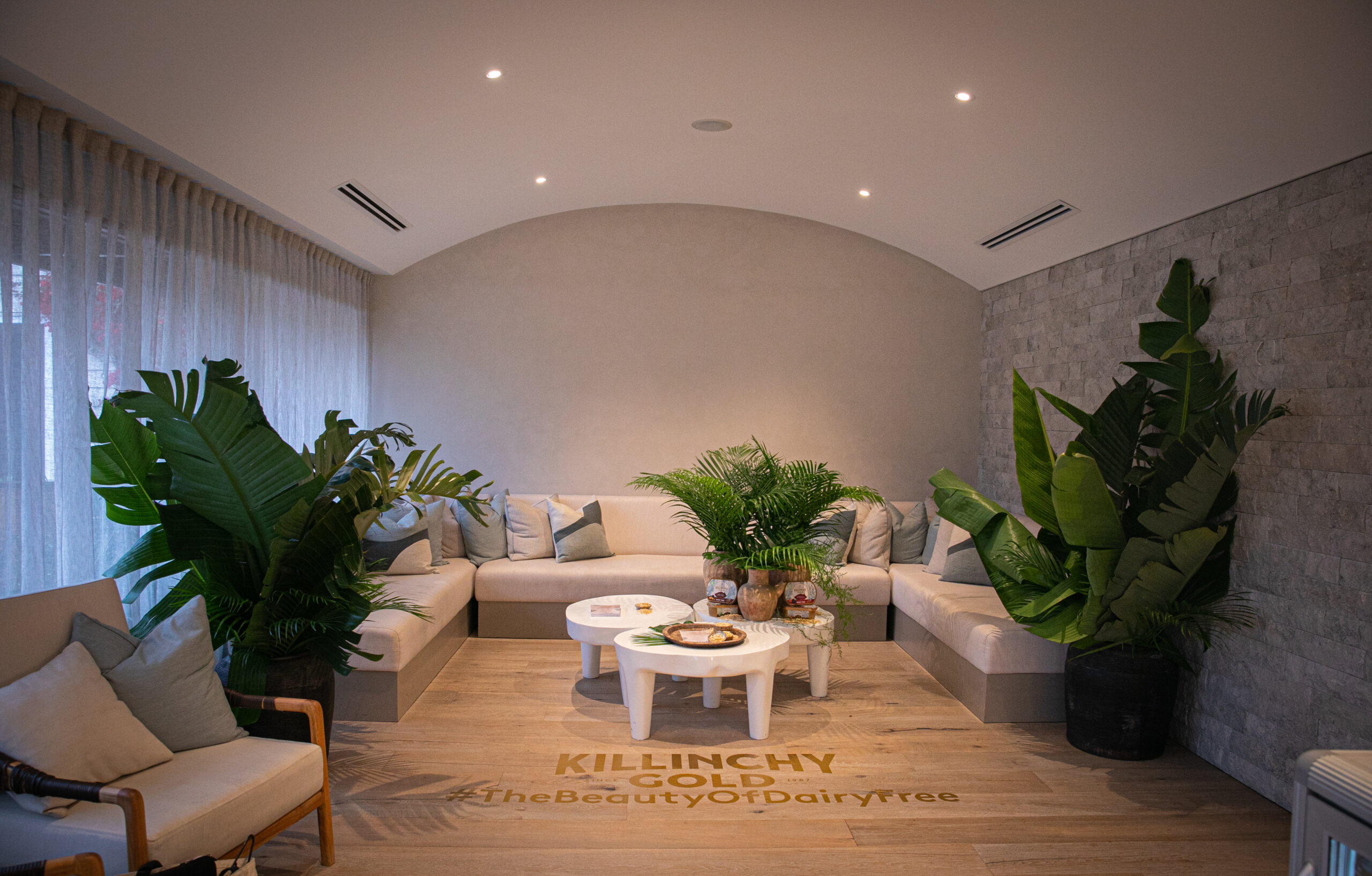Lucy Hughes, a 24 year old University of Sussex graduate in Product Design was the winner of the International James Dyson Award 2019 for her plastic alternative made of organic marine waste, Marinatex.
Lucy’s inspiration for the project was over dependency on plastic and the damage it has subsequently caused to the environment, as well as a system that is restorative and regenerative by design.
Unwanted offcuts from the fish processing industry creates a huge waste stream. These offcuts compromise of offal, blood, crustacean and shellfish exoskeletons and fish skins and scales – the bits that end up in landfill rather than on our plates. Through extensive research, Lucy found that fish skins and scales were the most promising materials to form the basis of a bioplastic as they contain strong and flexible protein structures.
In order to allow these proteins to attach to one another to create a brand new material, Lucy set about finding an organic binder. Keen to keep the solution local in order to reduce transportation, she looked to the coastline on her doorstep, experimenting with different organic marine binders but finally settling on agar. It took over 100 different experiments to refine the material and process, most of which she did on the kitchen stove in her student accommodation. She finally created a consistent and plastic-like material that was both biodegradable and translucent, MarinaTex.
MarinaTex is still in its infancy, and is not yet at production stage. The end goal is to bring the material to market and offer it as a viable alternative to single-use plastic films. As a winner of the James Dyson Award, this provides a huge kick start to getting MarinaTex through the next phase of R&D and towards production.
Lucy says “The response from the packaging industry has been overwhelmingly positive. It’s encouraging to see suppliers looking for more sustainable packaging options across all sectors.”
Sir James Dyson says “MarinaTex elegantly solves two problems: the ubiquity of single-use plastic and fish waste. Further research and development will ensure that MarinaTex evolves further, and I hope it becomes part of a global answer to the abundance of single use plastic waste.”
Entries for the James Dyson Award 2020 close July 16. For more information go to Jamesdysonaward.org.





